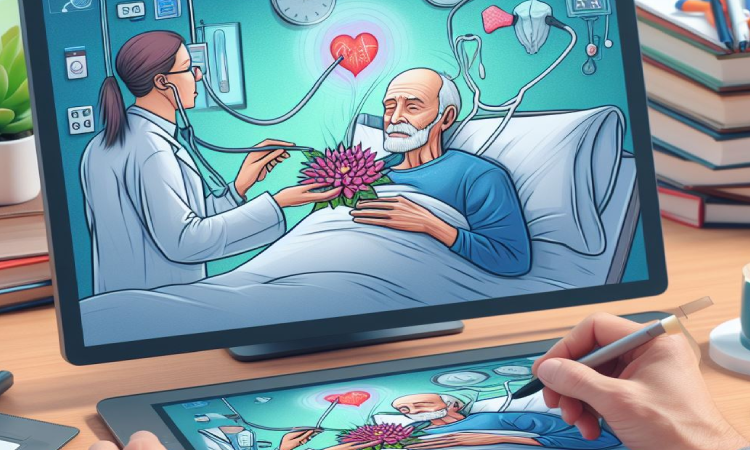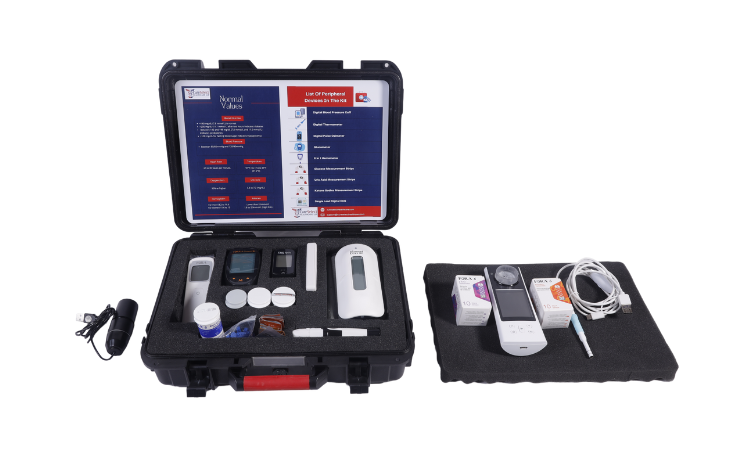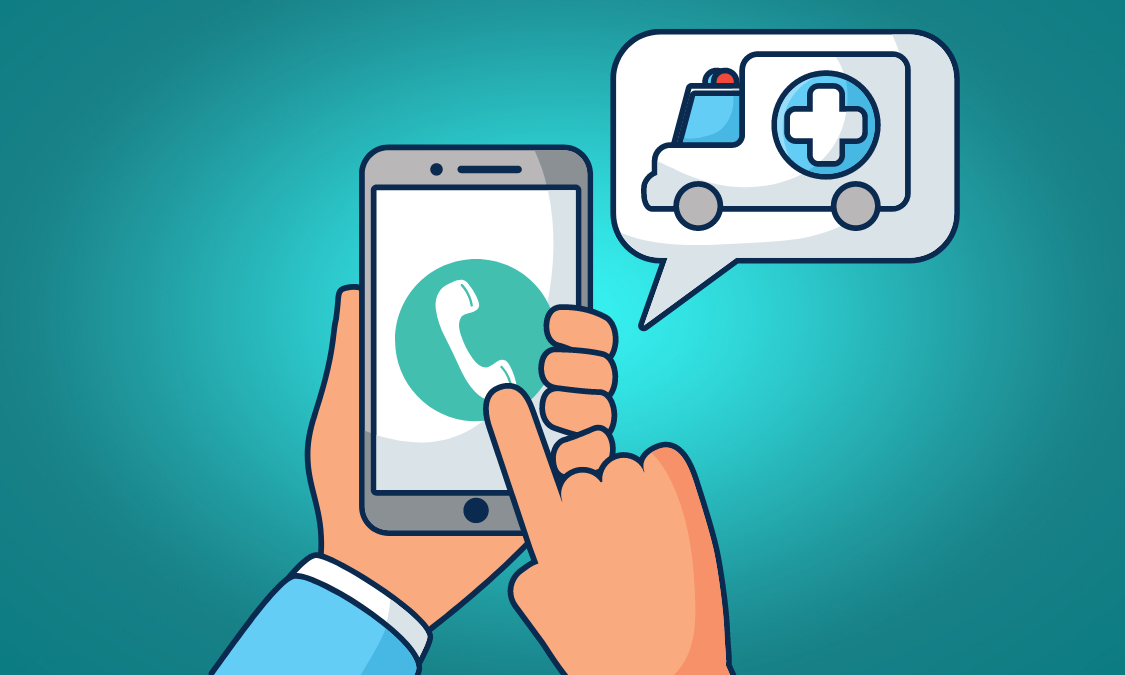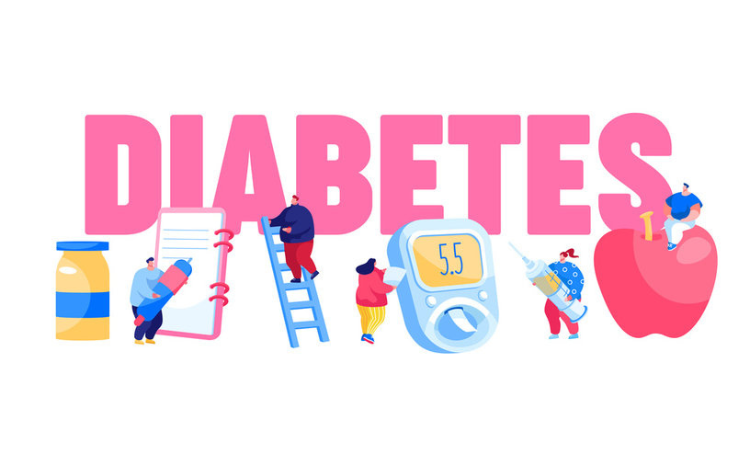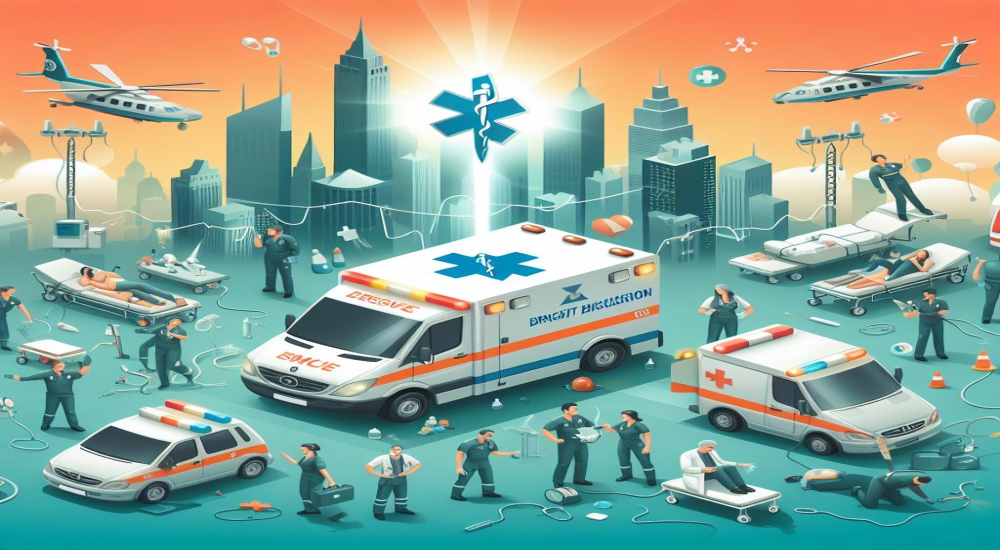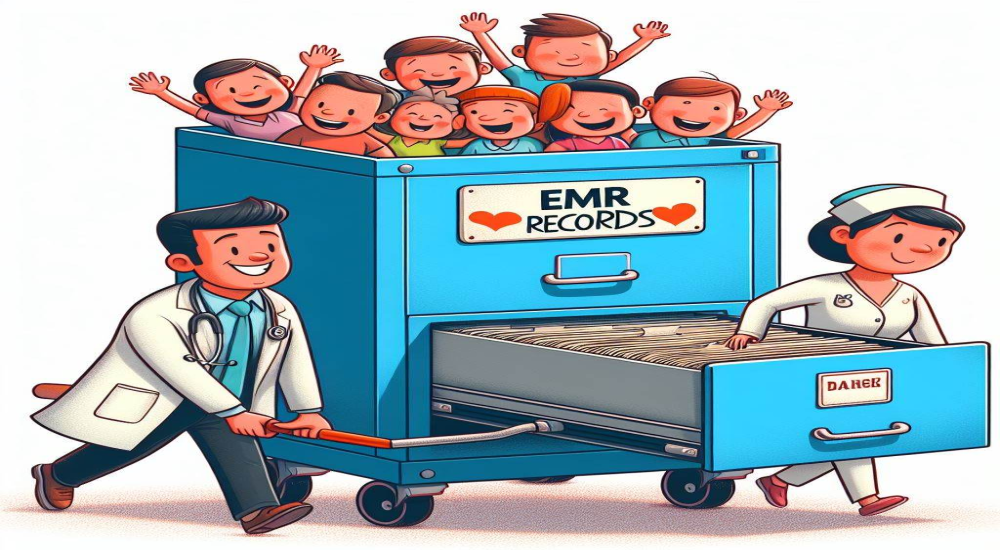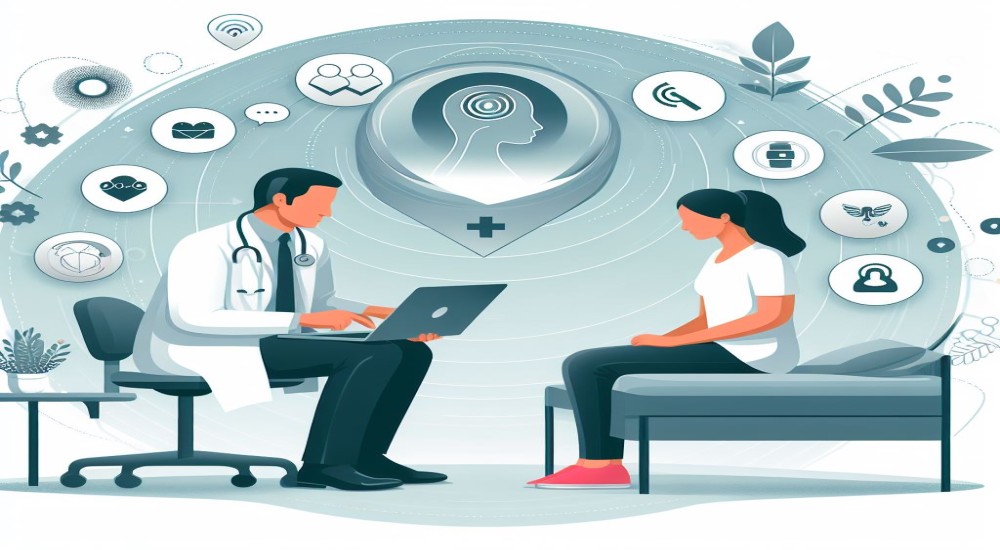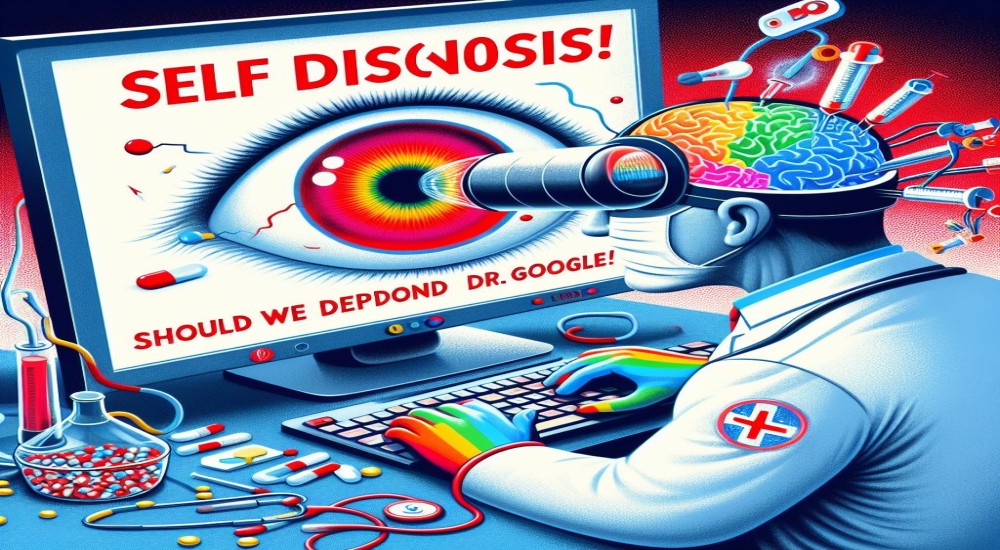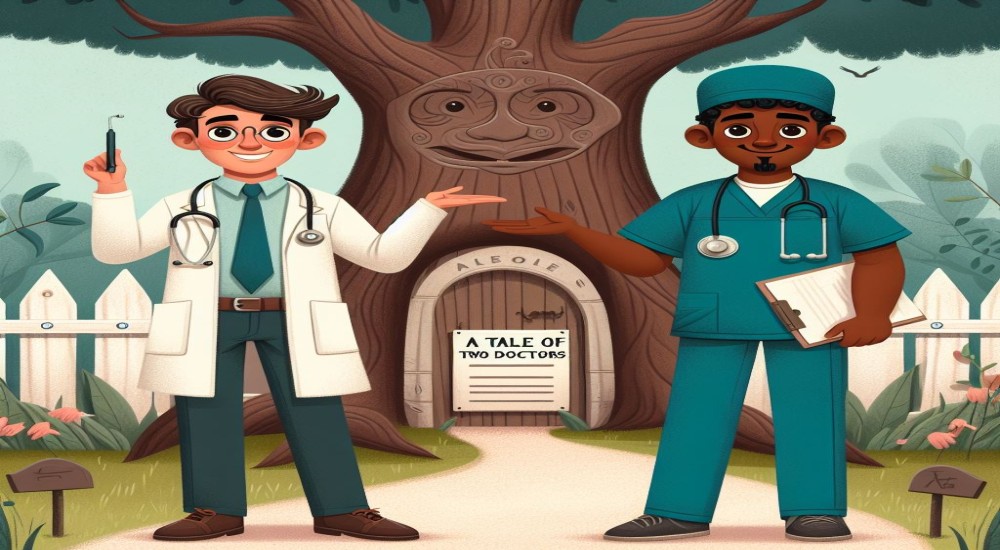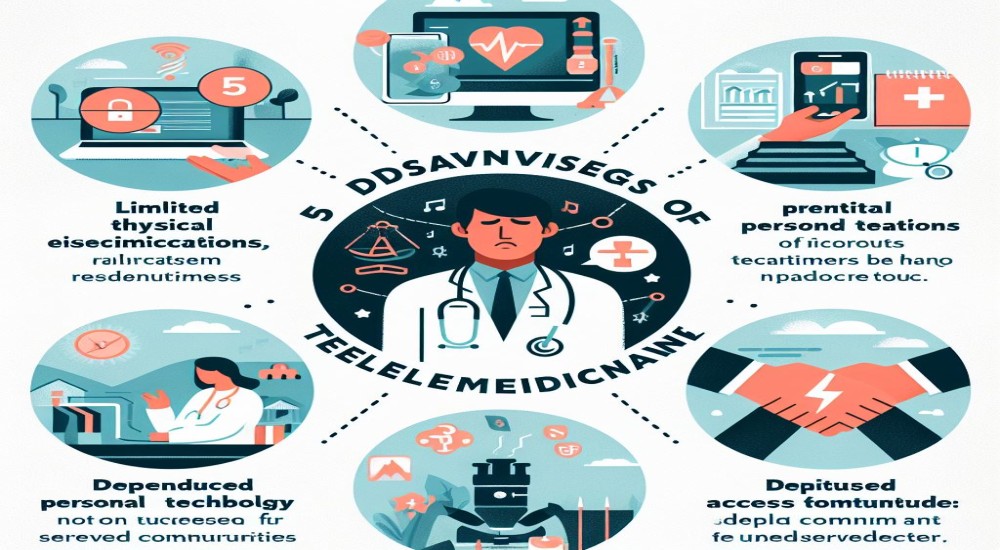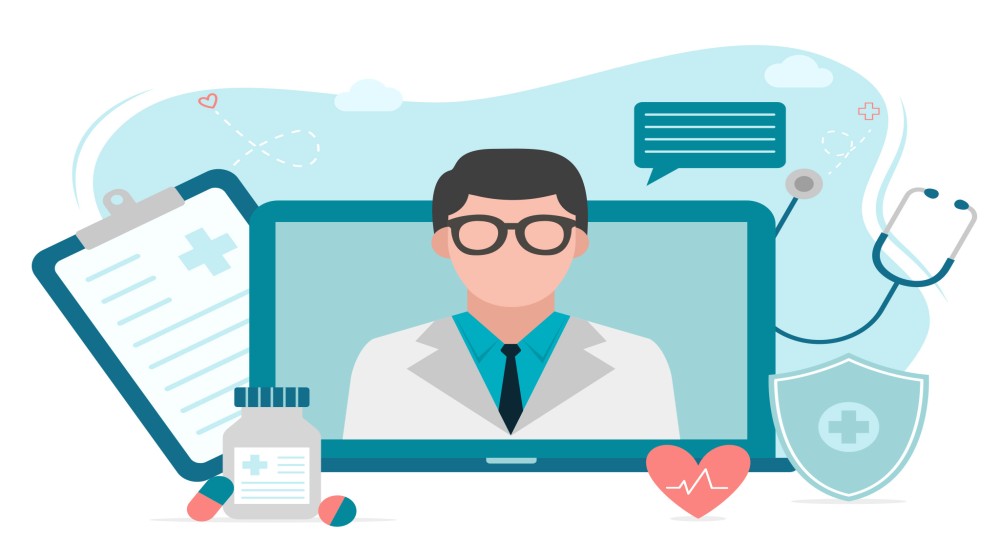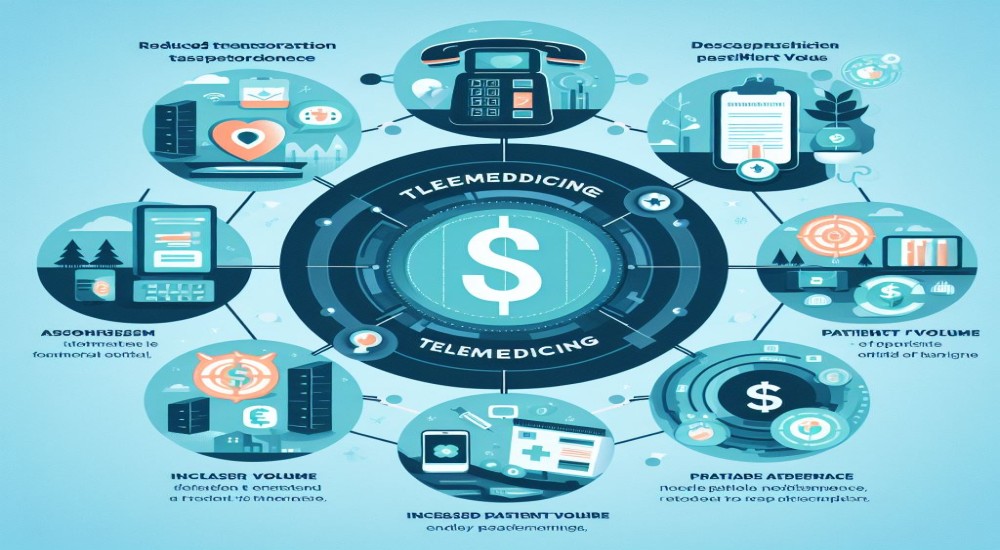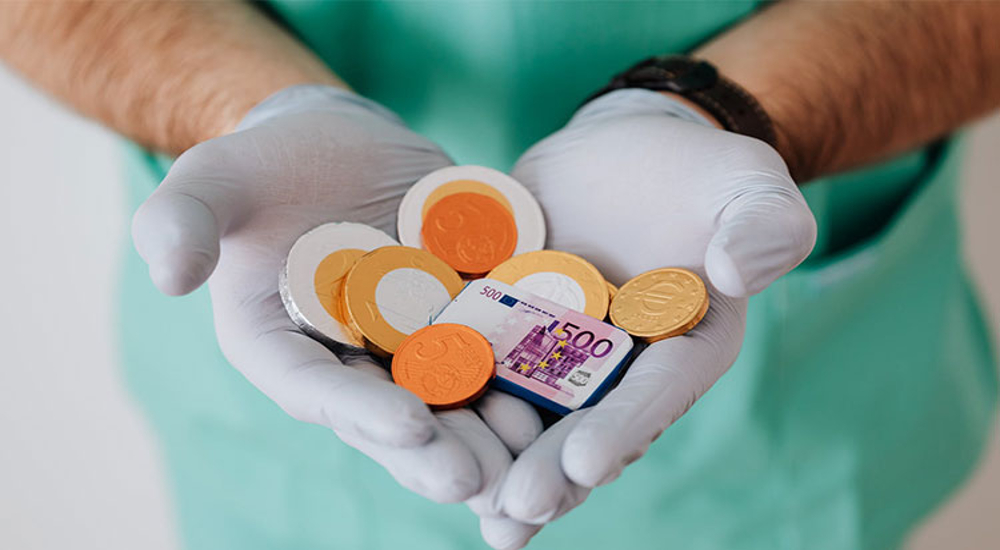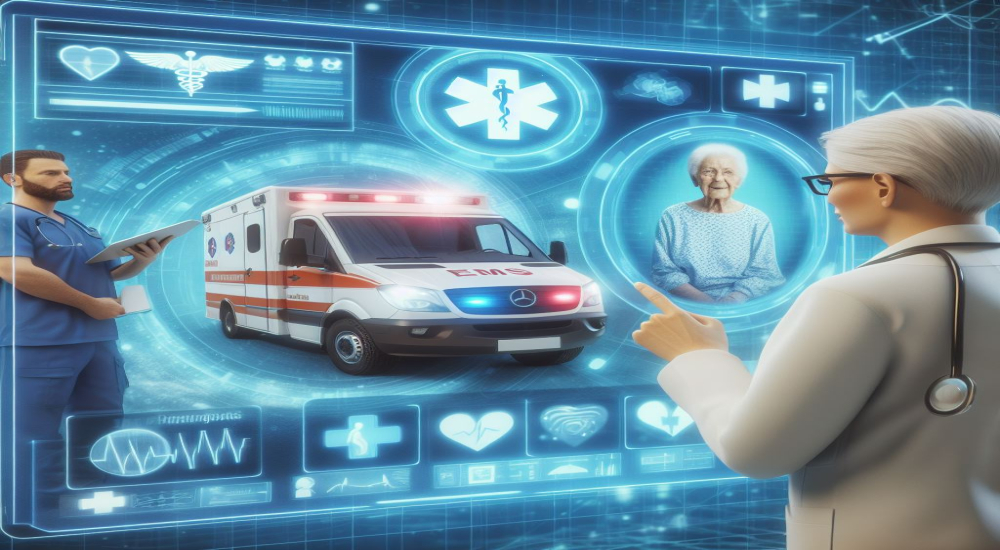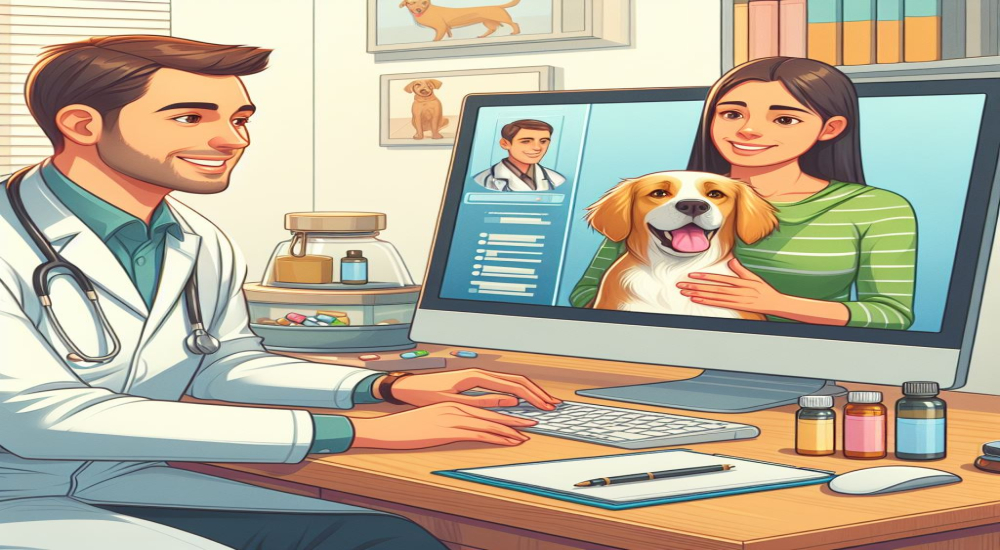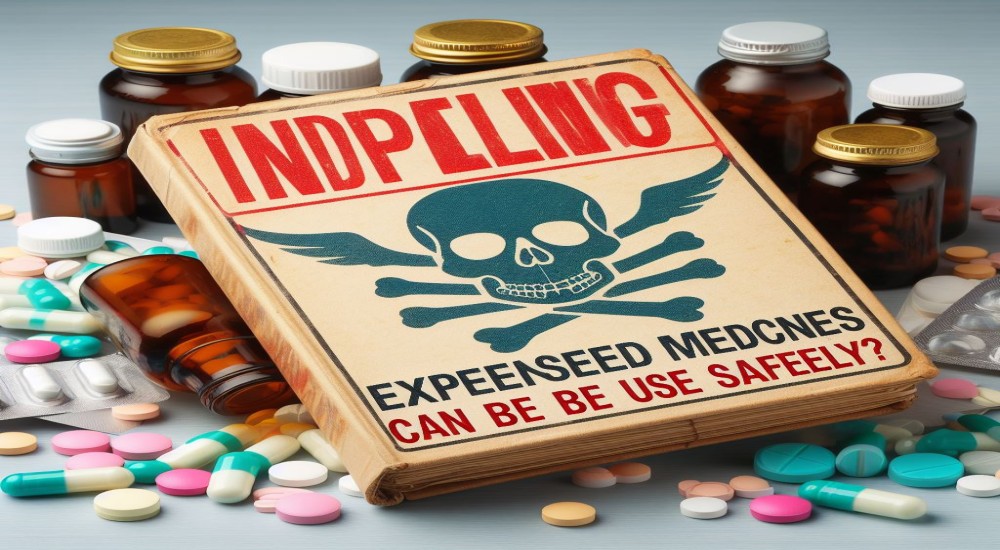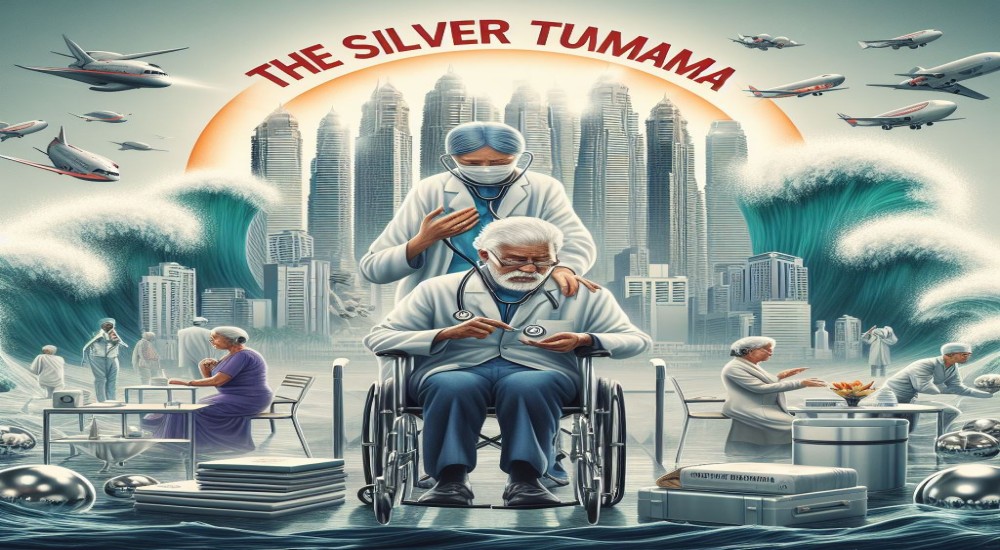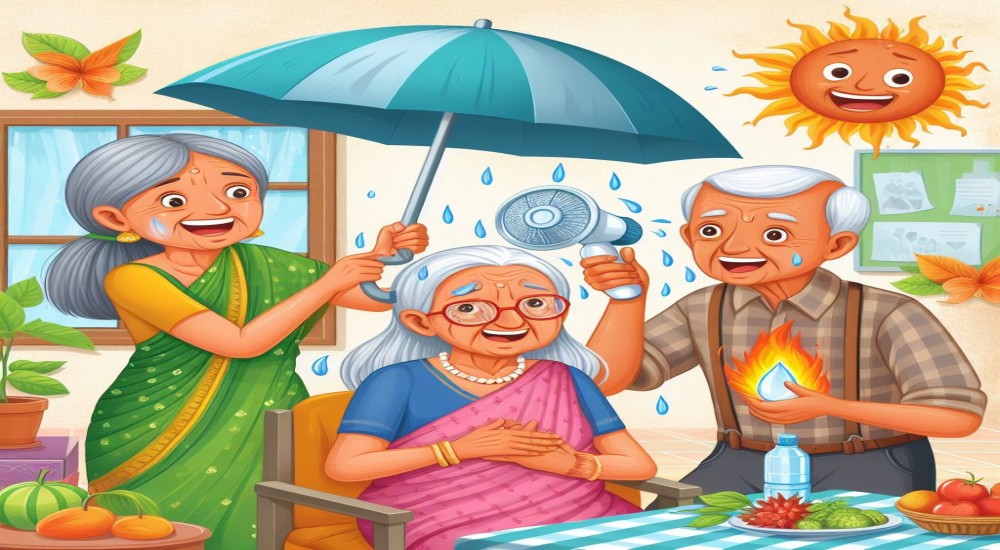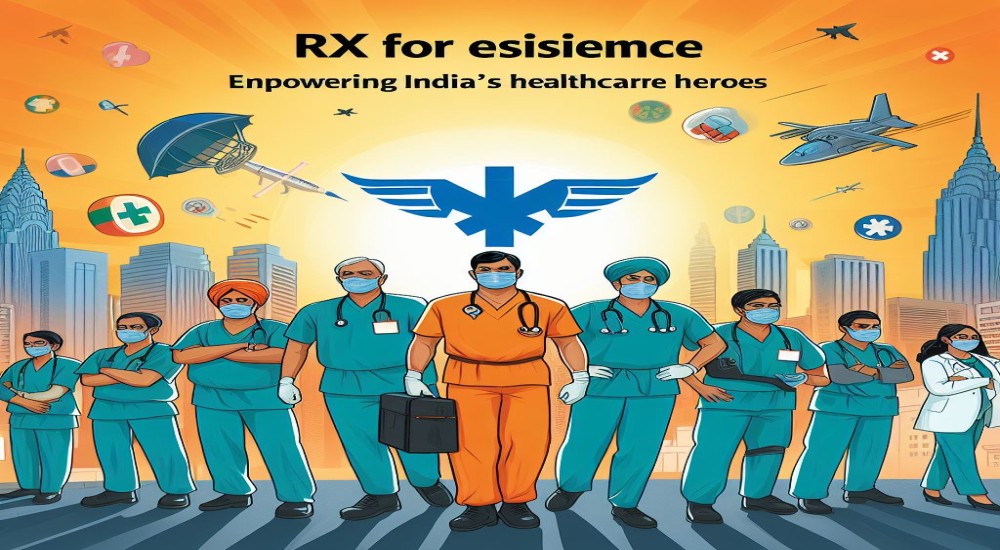Unveiling the Truth about Expired Medicines: Can They Be Used Safely?
In the realm of healthcare, the expiration dates stamped on medicine bottles often provoke a dilemma: do they render the medication ineffective or unsafe? With a plethora of conflicting information circulating, it's imperative to sift through the facts to discern the truth. Recent research, coupled with the actions of pharmaceutical companies and governments, sheds light on this contentious issue, offering insights crucial for the general public.
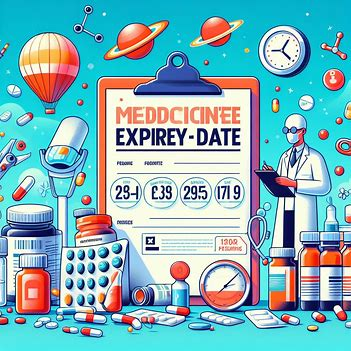
The Current Landscape: What Research Says
Recent studies have delved into the stability and safety of expired medications, challenging conventional wisdom. Contrary to popular belief, research suggests that many medications retain their potency and safety even beyond their expiration dates. A study published in the Journal of the American Medical Association (JAMA) found that the majority of tested drugs were viable for years after their labeled expiry, albeit with potential slight decreases in potency. Similarly, the U.S. Food and Drug Administration (FDA) conducted its own investigation and determined that most drugs could be used safely for years after their expiration, including those for treating serious conditions like epilepsy and diabetes.
However, caution is warranted, as not all medications behave similarly. Certain drugs, particularly those in liquid form or antibiotics, may degrade more rapidly, necessitating stricter adherence to expiration dates. Additionally, storage conditions significantly influence a medication's stability, with exposure to heat, light, and moisture hastening deterioration.
Industry and Government Response
Pharmaceutical companies and regulatory bodies have taken note of these findings, albeit with measured responses. Some companies have extended expiration dates on certain medications based on ongoing stability testing, ensuring consumers have access to potent and safe drugs. Furthermore, initiatives to improve labeling and packaging aim to enhance clarity regarding a medication's shelf life and storage requirements.
Governments worldwide have also addressed the issue, albeit with varying approaches. The FDA, for instance, launched the Shelf Life Extension Program (SLEP), which evaluates the stability of stockpiled medications for emergency use. Similarly, the European Medicines Agency (EMA) has emphasized the importance of ongoing stability testing and has provided guidelines for manufacturers on extending expiration dates based on scientific evidence.
What Every Individual Should Know
Despite these advancements, prudence should guide individuals when considering the use of expired medications. Here are key takeaways:
- Expiry Dates Are Guidelines: While expiration dates offer guidance, they are not absolute indicators of a medication's efficacy or safety. Assessing factors such as storage conditions and medication type can help make informed decisions.
- Use Caution: Exercise caution when using expired medications, particularly those vital for treating serious conditions. When in doubt, consult a healthcare professional for guidance.
- Storage Matters: Proper storage is paramount for maintaining a medication's potency. Store medications in a cool, dry place away from sunlight, and adhere to storage instructions provided on the packaging.
- Regularly Check Expiry Dates: Routinely inspect your medicine cabinet for expired medications and dispose of them appropriately. Avoid stockpiling excessive quantities of medications to minimize waste.
When Using Over-the-Counter Medications: Dos and Don'ts
As individuals increasingly rely on over-the-counter (OTC) medications to manage common ailments, understanding best practices for purchasing and using these drugs is paramount. Here's a guide outlining dos and don'ts to ensure safe and effective usage:
Dos:
- Read Labels Thoroughly: Before purchasing any OTC medication, carefully read the label, paying close attention to active ingredients, dosage instructions, and potential side effects. Ensure the medication is appropriate for your specific symptoms and health condition.
- Consult a Pharmacist or Healthcare Professional: If uncertain about which medication to choose or how to use it, seek guidance from a pharmacist or healthcare professional. They can provide personalized recommendations based on your medical history and current medications.
- Follow Dosage Instructions: Adhere strictly to dosage instructions provided on the medication's packaging or as directed by a healthcare professional. Avoid exceeding recommended doses, as doing so can lead to adverse effects or drug interactions.
- Keep Track of Expiry Dates: Regularly check the expiry dates of OTC medications and discard any that have expired. Using expired medications can compromise their efficacy and safety.
- Store Medications Properly: Store OTC medications in a cool, dry place away from direct sunlight and moisture. Follow storage instructions provided on the packaging to maintain the medication's stability and potency.
- Monitor for Adverse Reactions: Pay attention to any unusual symptoms or adverse reactions after taking an OTC medication. If you experience severe side effects or allergic reactions, discontinue use immediately and seek medical attention.
Don'ts:
- Self-Diagnose Serious Conditions: While OTC medications can alleviate mild symptoms of common ailments, they are not a substitute for professional medical diagnosis and treatment. Avoid self-diagnosing serious or chronic conditions and consult a healthcare professional for proper evaluation and management.
- Mix Medications Without Guidance: Avoid combining multiple OTC medications or supplements without consulting a healthcare professional. Certain combinations can lead to adverse interactions or unintended side effects.
- Ignore Warning Signs: If a medication's label warns against certain conditions or populations, such as pregnancy or pre-existing medical conditions, heed these warnings. Consult a healthcare professional before using the medication if you fall into any of the cautioned categories.
- Use Expired Medications: Never use OTC medications that have expired, as their potency and safety may be compromised. Dispose of expired medications properly according to local guidelines or return them to a pharmacy for safe disposal.
- Overuse or Misuse Medications: Avoid using OTC medications excessively or for longer than recommended without consulting a healthcare professional. Prolonged or inappropriate use can lead to tolerance, dependency, or other adverse effects.
By adhering to these dos and don'ts, individuals can make informed choices when purchasing and using OTC medications, promoting their safety and efficacy in managing minor health concerns. When in doubt, always seek guidance from a healthcare professional for personalized advice and assistance.
CONCLUSION
The debate surrounding expired medications continues to evolve, fueled by ongoing research and regulatory efforts. While evidence suggests that many medications remain effective beyond their expiration dates, careful consideration of storage conditions and medication type is essential. By arming themselves with knowledge and exercising prudence, individuals can navigate this complex terrain and make informed decisions regarding their healthcare needs.

